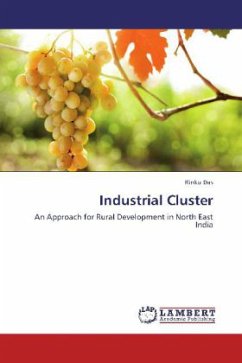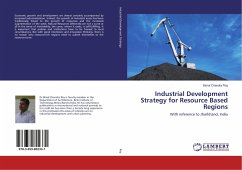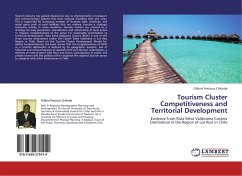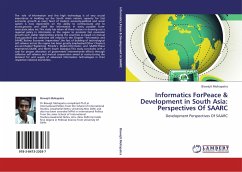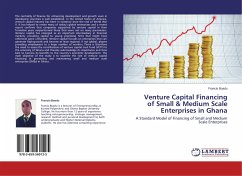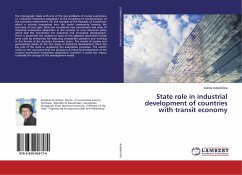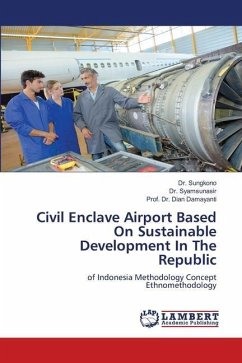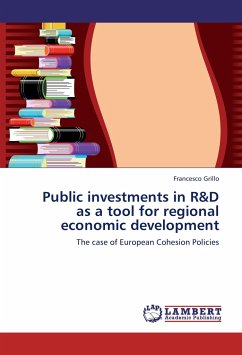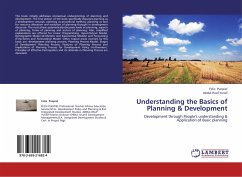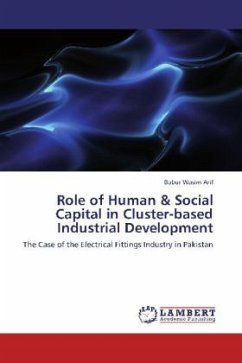
Role of Human & Social Capital in Cluster-based Industrial Development
The Case of the Electrical Fittings Industry in Pakistan
Versandkostenfrei!
Versandfertig in 6-10 Tagen
39,99 €
inkl. MwSt.

PAYBACK Punkte
20 °P sammeln!
In developing countries, to achieve poverty alleviation, it is important to create employment opportunities in the manufacturing sector. Particularly important is the development of industrial clusters because industrial clusters not only create substantial survival-type employment opportunities in the manufacturing sector but also seed-beds further industrial development by creating economies of agglomeration. However, most of the industrial clusters in developing countries have performed poorly relative to what appears to be their growth potentials. In search of what are the decisive factors...
In developing countries, to achieve poverty alleviation, it is important to create employment opportunities in the manufacturing sector. Particularly important is the development of industrial clusters because industrial clusters not only create substantial survival-type employment opportunities in the manufacturing sector but also seed-beds further industrial development by creating economies of agglomeration. However, most of the industrial clusters in developing countries have performed poorly relative to what appears to be their growth potentials. In search of what are the decisive factors that affect the dynamic development of a cluster, by using information from an electrical fittings cluster in Pakistan, this study emphasizes that putting-out arrangements, which are likely to prevail in industrial clusters due to low transactions costs, substantially contribute to the expansion of a cluster by enhancing the division of labor and reducing entry barriers. This study further empirically demonstrates that entrepreneurs with high education and more experience in marketing and management lead the attempts to upgrade the product quality. No less important is the entrepreneurs



